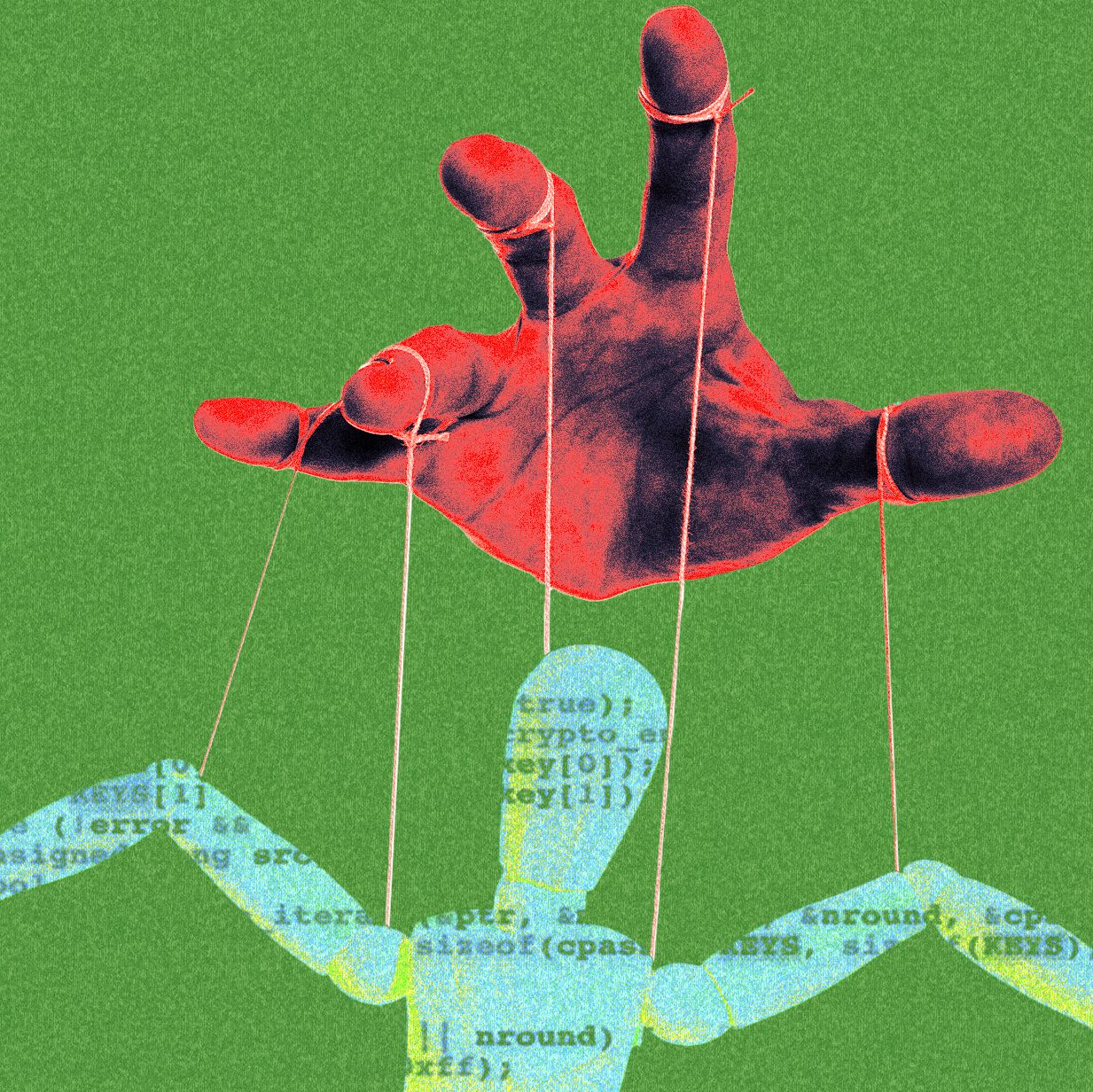The Promise and Peril of Digital Security in the Age of Dictatorship
The Promise and Peril of Digital Security in the Age of Dictatorship
In today's digital age, technology plays a critical role in shaping our lives. One of the key areas that...

The Promise and Peril of Digital Security in the Age of Dictatorship
In today’s digital age, technology plays a critical role in shaping our lives. One of the key areas that technology impacts is digital security, especially in the context of oppressive regimes and dictatorships. On one hand, digital tools have the potential to empower citizens, protect their rights, and hold those in power accountable. On the other hand, these same tools can be used by authoritarian governments to surveil, control, and suppress dissent.
With the rise of social media and the proliferation of digital communication channels, activists and ordinary citizens have found new ways to organize, mobilize, and challenge oppressive regimes. Platforms like Twitter, Facebook, and WhatsApp have been instrumental in galvanizing mass movements, exposing human rights abuses, and amplifying marginalized voices. However, these same platforms have also been weaponized by authoritarian governments to spread disinformation, monitor dissidents, and silence opposition.
As more and more aspects of our lives are digitized, the importance of safeguarding our digital security has become paramount. From protecting our personal data from hackers to safeguarding our online activities from government surveillance, the need for robust digital security measures has never been greater. Encryption technologies, secure messaging apps, and virtual private networks (VPNs) have become essential tools for preserving our privacy and freedom of expression in the face of increasing threats.
Despite the promise of digital security tools, there are inherent risks and challenges in relying on them in the age of dictatorship. Authoritarian regimes have become increasingly adept at exploiting vulnerabilities in digital technologies to track, monitor, and suppress dissent. From sophisticated surveillance systems to cyberattacks on activists and journalists, oppressive governments have demonstrated their willingness to go to great lengths to maintain their grip on power.
In such a hostile environment, individuals and organizations must take proactive steps to protect themselves and their data. This includes using strong passwords, enabling two-factor authentication, keeping software up to date, and practicing good cyber hygiene. Additionally, supporting organizations that advocate for digital rights, promoting internet freedom, and defending online privacy is crucial in the fight against digital repression.
Ultimately, the promise and peril of digital security in the age of dictatorship underscore the high stakes of the digital rights movement. As technology continues to evolve and shape our world, it is imperative that we remain vigilant in safeguarding our digital freedoms, challenging oppressive regimes, and fighting for a more open and equitable digital future.
By staying informed, engaging in online activism, and advocating for stronger digital security measures, we can work towards a world where technology empowers rather than enslaves, where digital rights are protected rather than violated, and where the promise of a free and open internet becomes a reality for all.




